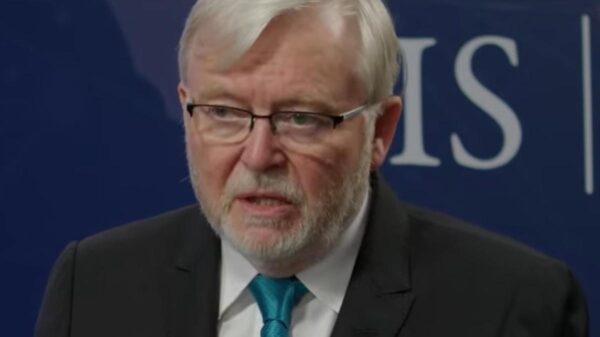Recent research has identified protective immune cells in breastfeeding women that may guard against breast cancer. This study, published in the journal Nature, sheds light on the biological mechanisms behind the protective effects of breastfeeding, a hypothesis that has intrigued scientists since the 18th century.
Historically, physicians observed that nuns had particularly high rates of breast cancer, prompting speculation that childbearing and breastfeeding could offer protective benefits. While modern studies confirmed this correlation, the underlying biological reasons were not fully understood until now.
Immune Response and Breast Cancer
The latest findings, led by Prof Sherene Loi, a clinician scientist at the Peter MacCallum Cancer Centre in Melbourne, focus on the role of the adaptive immune system. This system, particularly the T-cells, is essential in targeting viruses, bacteria, and even cancer. Prof Loi noted that some breast cancers exhibited significant amounts of these specialized immune cells, while others had far fewer. Patients with a higher number of these cells often experienced better outcomes, especially those diagnosed with triple-negative breast cancer, one of the most aggressive forms of the disease.
To explore this phenomenon, researchers examined non-cancerous breast tissue from over 260 women who underwent breast reduction or surgery to mitigate breast cancer risk. Their analysis revealed that women who had given birth possessed more CD8+ T-cells, a type of immune cell associated with cancer defense. Remarkably, these cells remained present in breast tissue for over 30 years following pregnancy.
In laboratory tests with mouse models, researchers found that cancerous cells proliferated less in mice that had given birth and breastfed compared to virgin mice. When T-cells were depleted in the lactating mice, their protective advantage diminished, indicating a direct link between the immune cells and cancer resistance.
Long-Term Benefits of Breastfeeding
Further investigations focused on whether breastfeeding influenced survival rates among women diagnosed with triple-negative breast cancer. Researchers reviewed studies involving over 1,000 breast cancer patients who had a history of childbirth and breastfeeding. The results indicated that women who breastfed had improved outcomes and their tumors contained a greater number of immune cells, suggesting ongoing immune activation against breast cancer.
Prof Loi emphasized the importance of these findings, stating, “The key take-home messages are that pregnancy and breastfeeding leave behind long-lived protective immune cells in the breast and body, which help reduce risk and improve defense against breast cancer.” She also highlighted the potential for future research to emulate these protective effects for women who are unable to breastfeed.
Associate Prof Wendy Ingman from the University of Adelaide reiterated the benefits of breastfeeding, noting that longer durations of breastfeeding correlate with a reduced risk of breast cancer. She stated that for every year a mother breastfeeds, there is a 4% lifetime reduction in her breast cancer risk.
This study offers promising insights into how the immune system can be harnessed to better protect against breast cancer, potentially paving the way for new strategies in cancer prevention and treatment. Nevertheless, Prof Loi cautioned that while breastfeeding may confer protective benefits, it does not guarantee immunity from breast cancer. “The effects are quite small for each individual, but population-wide, the effects are significant,” she said, emphasizing the need for ongoing research in this vital area.
As the scientific community continues to unravel the complexities of cancer immunity, this research not only reinforces the age-old understanding of breastfeeding’s benefits but also opens avenues for innovative cancer prevention strategies.





























































